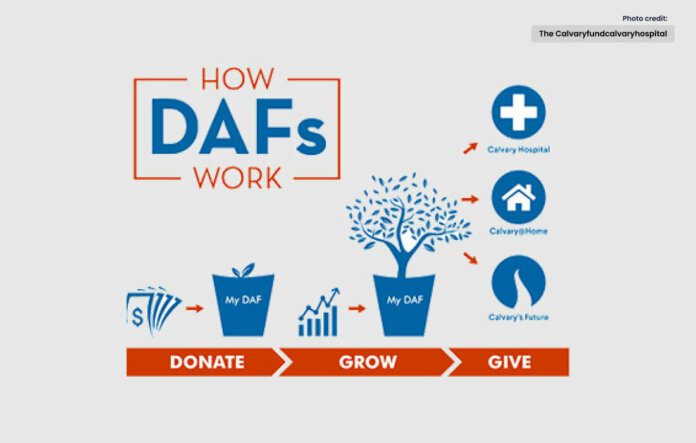Explore donor-advised funds: innovative tools empowering philanthropy.
In a world that’s increasingly interconnected, the desire to make a positive impact on society has grown stronger. Donor-advised funds (DAFs) have emerged as a powerful tool that combines philanthropy, strategic giving, and financial planning. In this blog, we’ll delve into the concept of donor-advised funds, their benefits, and how they are shaping the landscape of charitable giving.
Understanding Donor-Advised Funds:
At its core, a donor-advised fund is a philanthropic vehicle that allows individuals, families, or businesses to establish a fund within a sponsoring charitable organization. This fund acts as a conduit for charitable giving, enabling donors to contribute assets, receive immediate tax benefits, and then recommend grants to their favorite charitable organizations over time.
The Benefits of Donor-Advised Funds:
- Strategic Giving: DAFs empower donors to take a strategic approach to their giving. They can research and identify causes that align with their values, ensuring their contributions have a meaningful impact.
- Tax Efficiency: By contributing to a DAF, donors can receive an immediate tax deduction. This deduction can be particularly advantageous when donors “front-load” contributions into the fund during high-income years.
- Flexibility: DAFs offer flexibility in grant-making. Donors can recommend grants to eligible nonprofits at their own pace, giving them the time to research and identify the most effective recipients.
- Legacy Planning: DAFs can become a family tradition of giving. Donors can involve their children and heirs in grant-making decisions, instilling a sense of philanthropy and social responsibility in the next generation.
Making an Impact:
Consider a scenario where a tech entrepreneur named Alex establishes a donor-advised fund. Alex contributes a significant portion of her company’s stock to the fund, which has experienced substantial growth over the years. By doing so, she receives an immediate tax deduction. Over time, Alex researches and identifies education initiatives that align with her passion for promoting STEM education among underserved youth. She recommends grants from her DAF to support these programs, directly impacting the lives of young students.
Challenges and Considerations:
While donor-advised funds offer numerous advantages, it’s important to consider factors such as minimum contribution requirements, administrative fees, and limitations on certain types of grants. Additionally, there have been discussions around ensuring that DAFs distribute funds to charitable causes in a timely manner.
A Catalyst for Positive Change:
Donor-advised funds represent a bridge between individual passion and community impact. They empower philanthropists to engage in meaningful giving without the administrative burdens of managing a private foundation. DAFs also offer the opportunity to connect with like-minded donors and charitable organizations, creating a network that magnifies the power of giving.
In conclusion, donor-advised funds are changing the landscape of charitable giving by merging strategic philanthropy with financial planning. By offering flexibility, immediate tax benefits, and the ability to make a lasting impact, DAFs empower individuals and families to play an active role in addressing social challenges and building a better world.




